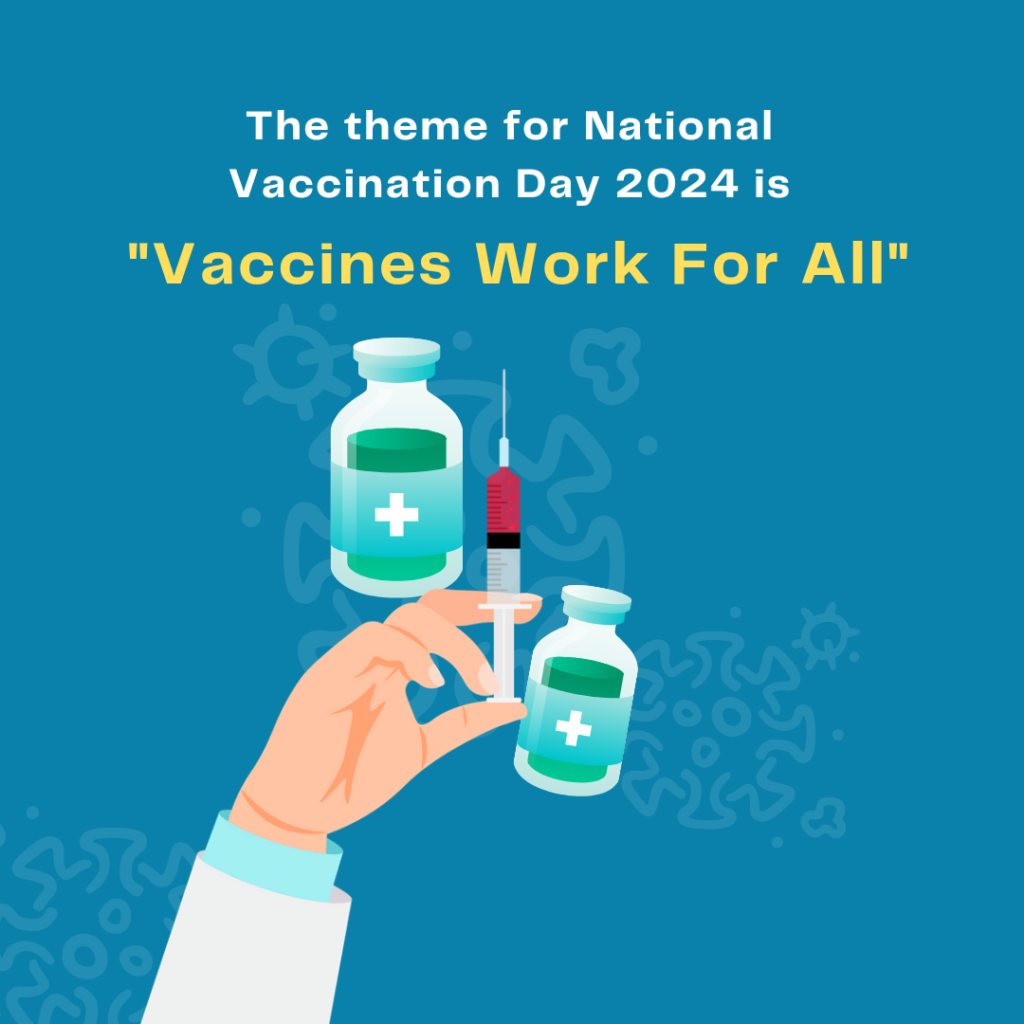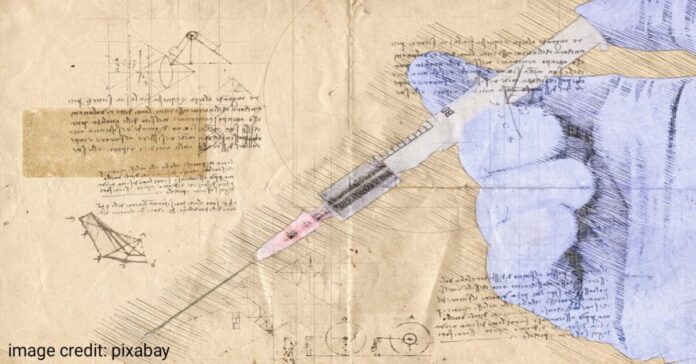As we mark National Vaccine Day on March 16th, India commemorates a significant moment in its public health history. This auspicious occasion highlights the nation’s commitment to immunization and underscores the vital role vaccines play in safeguarding the well-being of its citizens. Let’s delve into the significance of National Vaccine Day in India and the strides the country has made in advancing its immunization efforts.

The Theme of National Vaccine Day 2024
The theme “Vaccines Work For All” for National Vaccination Day 2024 emphasizes the inclusive nature of immunization efforts. It underscores the importance of ensuring that everyone, regardless of background or circumstance, has access to life-saving vaccines. Together, we unite to protect the health and well-being of all individuals and communities.
Understanding the Importance
National Vaccine Day, also known as National Immunization Day (NID), holds immense significance in India. It commemorates the successful eradication of polio from the country through sustained vaccination campaigns. March 16th serves as a reminder of India’s triumph over a once-debilitating disease and symbolizes the nation’s dedication to protecting its population from preventable illnesses.
The Polio Eradication Campaign: A Landmark Achievement
India’s journey towards polio eradication stands as a testament to the power of collective action and determination. Through tireless efforts by healthcare workers, government agencies, and international partners, India was declared polio-free in 2014. This monumental achievement showcases India’s capacity to overcome formidable public health challenges and underscores the effectiveness of mass vaccination initiatives.
Expanding Immunization Coverage: Reaching Every Child
Beyond polio eradication, National Vaccine Day in India signifies ongoing efforts to expand immunization coverage across the country. India’s Universal Immunization Programme (UIP) aims to ensure that every child receives essential vaccines, regardless of socio-economic status or geographical location. Through routine immunization sessions, outreach programs, and innovative delivery strategies, India continues to make significant progress in protecting children from vaccine-preventable diseases.

Addressing Challenges and Embracing Innovation
While India has made remarkable strides in immunization, challenges persist, including vaccine hesitancy, logistical hurdles, and disparities in healthcare access. National Vaccine Day serves as an opportunity to address these challenges collaboratively, leveraging technology, community engagement, and advocacy to strengthen immunization systems and reach underserved populations.
The COVID-19 Pandemic: A Test of Resilience
The COVID-19 pandemic has further underscored the importance of vaccination in safeguarding public health. India’s vaccination campaign against COVID-19 represents a monumental undertaking, aiming to inoculate millions of citizens and curb the spread of the virus. National Vaccine Day serves as a reminder of the critical role vaccines play in combating infectious diseases and protecting lives.
Looking Ahead: Towards a Healthier Future
As India observes National Vaccine Day, it reaffirms its commitment to prioritizing immunization as a cornerstone of public health. By investing in research, infrastructure, and outreach, India aims to further strengthen its immunization programs and ensure equitable access to life-saving vaccines for all its citizens. Together, we can build a healthier, more resilient India, where every individual has the opportunity to thrive.
Conclusion
National Vaccine Day in India is not only a celebration of past achievements but also a call to action for the future. As we reflect on India’s successes in immunization and confront new challenges, let us remain steadfast in our commitment to protecting the health and well-being of all our citizens. Through continued collaboration, innovation, and dedication, we can create a nation where vaccines are accessible to all, and preventable diseases are consigned to history.


